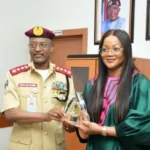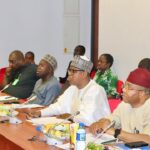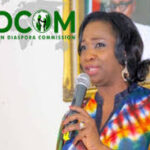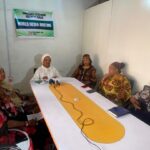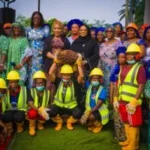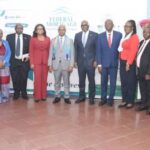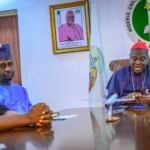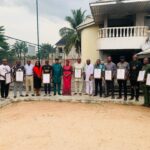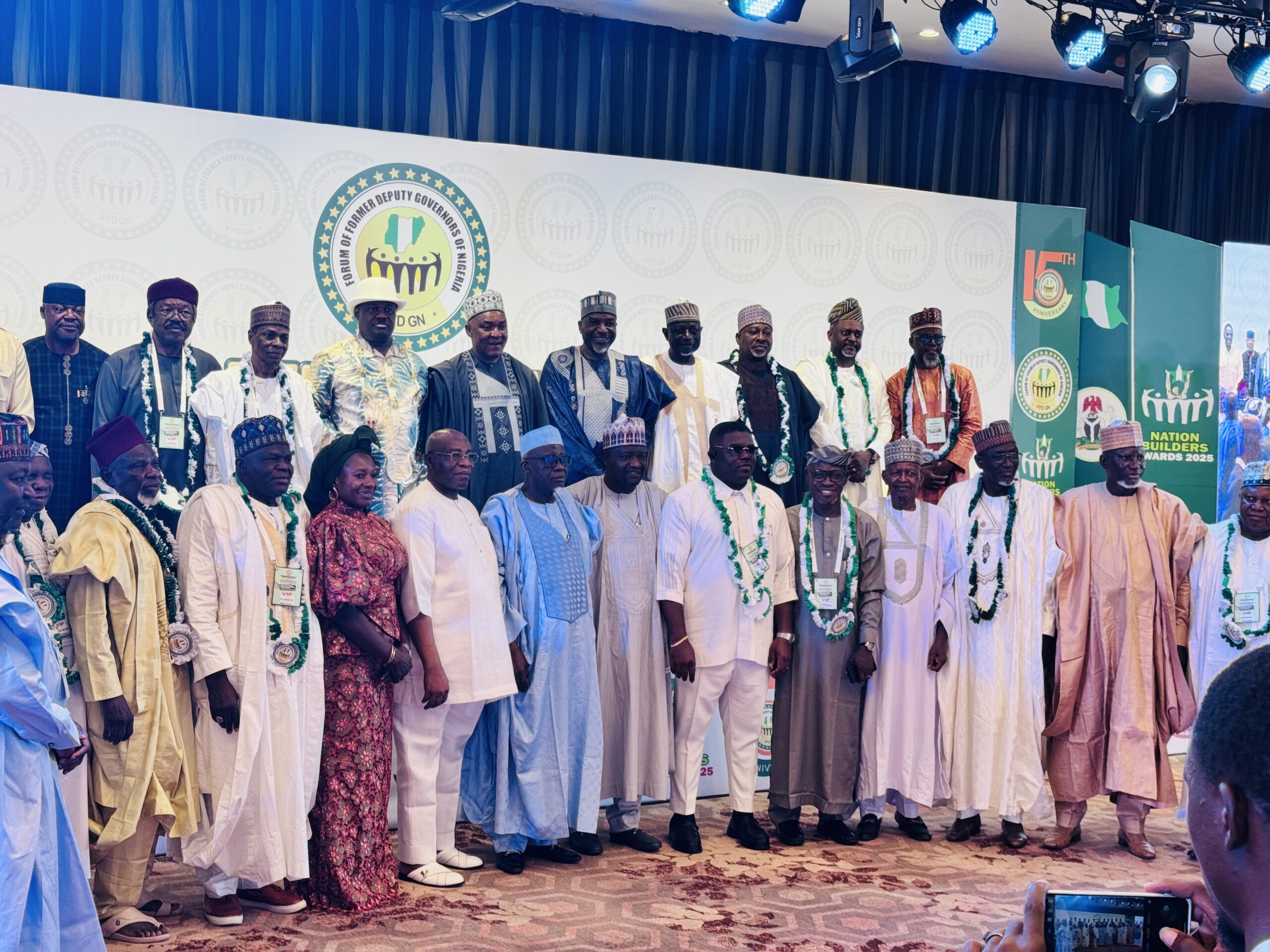By Emmanuel Oloniruha
The Forum of Former Deputy Governors of Nigeria (FFDGN) has called for renewed commitment to industrialisation, leadership accountability, and innovation to reposition the country on a path of productivity and self-reliance.
Speaking at the Forum’s 4th Annual National Conference in Abuja, the Chairman, Dr Chris Akomas, said the gathering underscored the shared responsibility of citizens and leaders in building a resilient, self-sustaining economy.
The conference theme was “Boosting Nigeria’s Productive Capacity for National Growth and Self-Reliance: The Role of Leadership, Industry and Innovation in Policy Implementation”.
He said the theme underscored the urgent need to turn Nigeria’s vast potential into measurable national progress.
Akomas said nation-building was a continuous process that required unity of purpose, visionary leadership, and citizens’ shared commitment to the national good beyond individual interests.
He noted that leadership, industry, innovation, and civic responsibility must converge in a “grand coalition of purpose,” where leaders demonstrate integrity and foresight to drive sustainable development.
The chairman said the Forum had provided a non-partisan platform for former and serving deputy governors to deliberate on issues critical to governance, national growth, and the promotion of institutional reforms.
According to him, the Forum’s annual conferences since 2022 have consistently focused on strengthening governance, promoting food security, and fostering sustainable growth through strategic dialogue and policy recommendations.
He said the 2025 conference aimed to develop practical ideas for accelerating industrial productivity, promoting innovation, and ensuring effective policy implementation across all levels of government.
“Nation building requires us to move beyond rhetoric. We must take deliberate steps to strengthen industries, empower innovators, and hold leadership accountable for results,” Akomas stated.
He said FFDGN had initiated development-oriented partnerships, including the Sustainable Cocoa Initiativeestablished in 2017, to improve productivity and enhance value chains in the agricultural sector.
The Forum, he added, would continue to collaborate with the private sector and development partners to boost industrial growth and promote youth-led innovations across the country.
Former Senate President and conference chairman, Sen. Anyim Pius Anyim, commended the Forum’s focus on nation-building, saying it was the most active and impactful group among former political officeholders.
Anyim, a former Secretary to the Government of the Federation, said Nigeria’s drive for a productive economy dated back to the 1960s but had suffered setbacks from coups, policy inconsistencies, and weak national institutions.
He traced the decline in industrialisation to the 1966 military intervention, which, according to him, disrupted national unity, eroded values, and entrenched ethnicity and nepotism in governance.
“The collapse of our industrial efforts was not for lack of knowledge but due to inconsistency, corruption, and loss of patriotism. A productive economy requires sustained national commitment,” he said.
Anyim identified the 1970s oil boom and Nigeria’s entry into the World Trade Organisation in 1994 as major contributors to the country’s dependence on imports and weakened industrial base.
He argued that local production could not thrive without deliberate policy protection and a competitive manufacturing environment that supports investors and workers alike.
According to him, “No nation can achieve economic transformation without protecting its productive sectors and fostering patriotism in leadership and policy direction.”
The former Senate President urged Nigerians to draw lessons from countries like China, Singapore, and Vietnam, which achieved rapid industrial growth through discipline, patriotism, and visionary planning.
He stressed that rebuilding Nigeria’s economy would require patience, bold reforms, and citizens’ willingness to endure short-term sacrifices for long-term national benefits.
Sen. Aliyu Wamako, represented by Minister of Labour and Employment, Muhammadu Dingyadi, hailed the Forum for fostering dialogue and collaboration among leaders.
Wamako pledged his full support for the Forum’s initiatives, noting that such partnerships could help drive reforms and legislative interventions at the subnational and national levels.
He said trust and cooperation among leaders were crucial for addressing the challenges of governance, economic revitalisation, and social inclusion in the country.
The former governor of Sokoto State expressed confidence that the conference would generate actionable solutions to strengthen Nigeria’s industrial base and stimulate inclusive economic growth.
He also commended the Forum’s secretariat for its organisational efficiency and acknowledged the contributions of corporate sponsors and development partners to its success.
“I urge all stakeholders to remain steadfast in their commitment to national prosperity and self-reliance. The Forum has proven to be a catalyst for good governance and collaboration,” he said.
Director-General of the Forum, Dr Kenneth Ibe-Kalu, said the Forum had recorded remarkable growth since 2022, expanding its membership and strengthening engagement with serving deputy governors.
He noted that under the current leadership, the Forum had gained visibility and credibility by consistently convening dialogues on governance, national security, and economic transformation.
Ibe-Kalu said the Forum had established the Renewed Hope Agenda Peer Review Group to monitor the implementation of President Bola Tinubu’s economic programmes and promote accountability in governance.
He disclosed that the Forum was also working on a publication documenting the service experiences of former deputy governors to preserve their institutional knowledge for future leaders.
The DG said the Forum had submitted memoranda to the National Assembly on constitutional amendments aimed at enhancing democracy and strengthening the roles of deputy governors in governance.
He appreciated the media, political leaders, and members of the Forum for their support, saying such collaboration had sustained its vision and helped achieve significant milestones.
Ibe-Kalu called for international partnerships to leverage the expertise of former leaders in addressing youth unemployment, innovation, and development challenges across the country.
He assured that with continued commitment and cooperation, the Forum would leave a legacy of unity, patriotism, and policy advocacy for generations to come.
The conference drew participants from the political class, academia, diplomatic corps, and development partners, all of whom commended the Forum for its role in promoting good governance and national cohesion. (NAN)
Edited by Tosin Kolade

